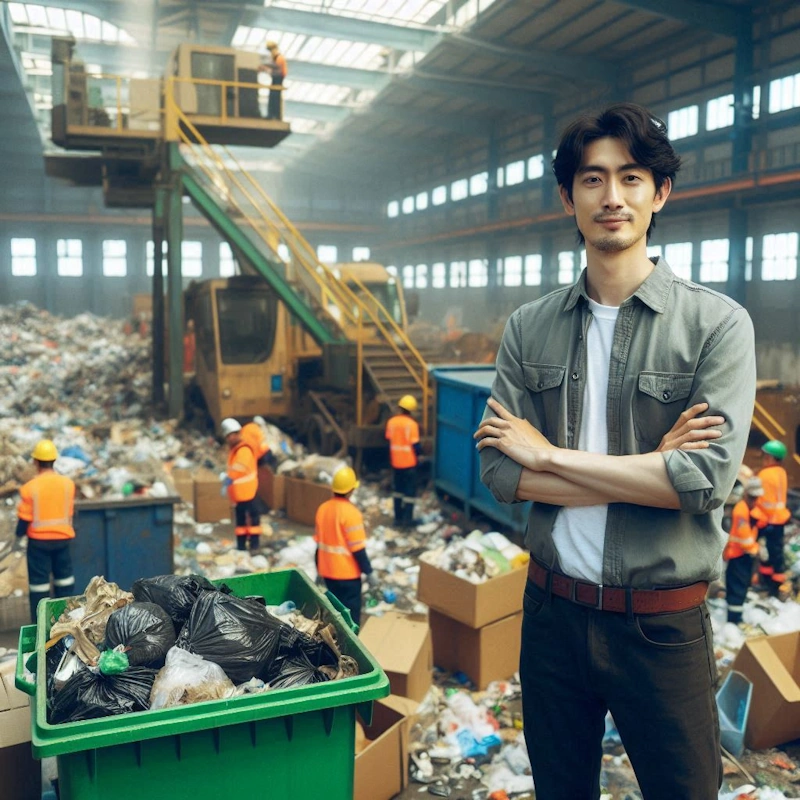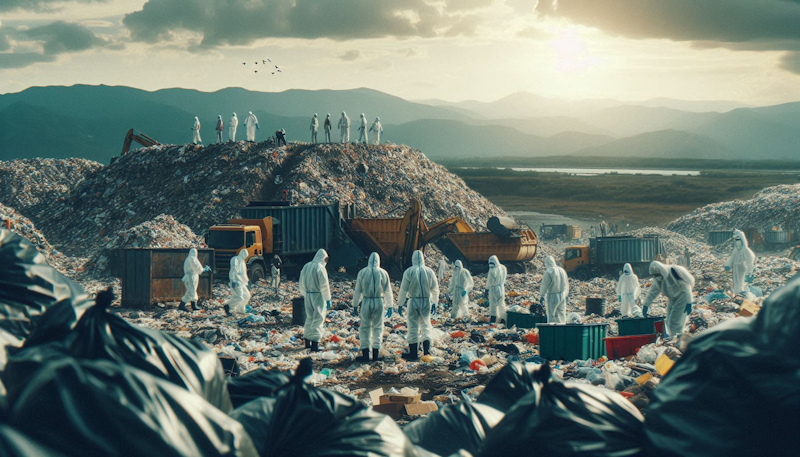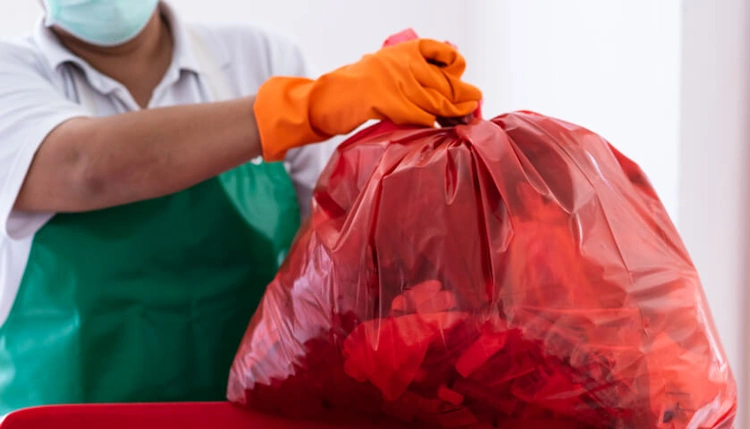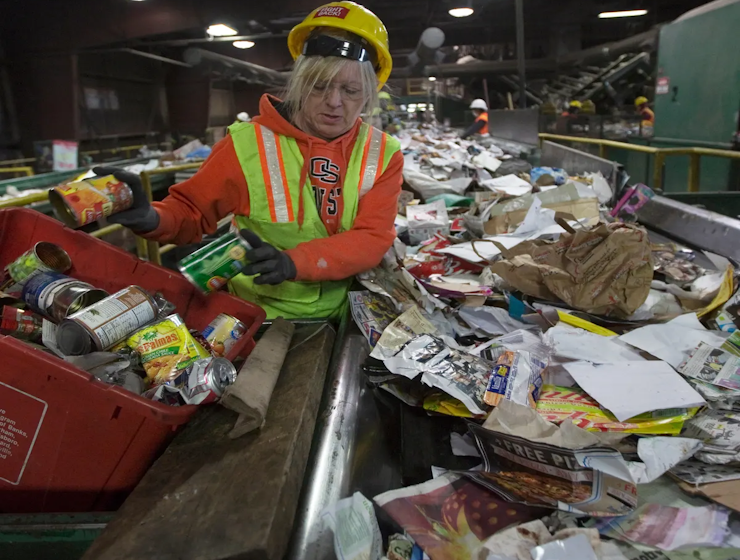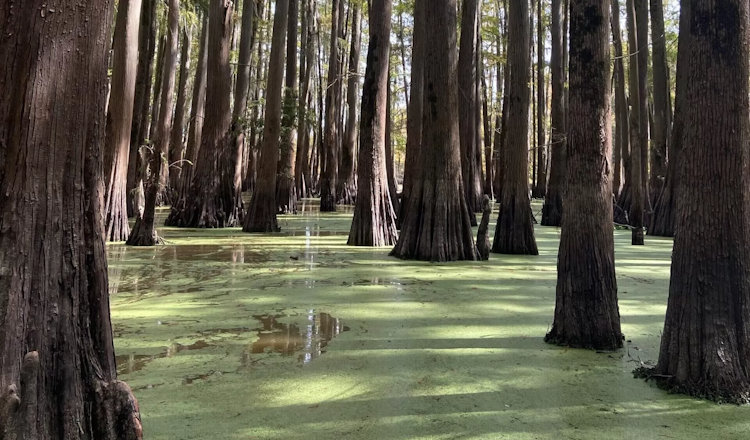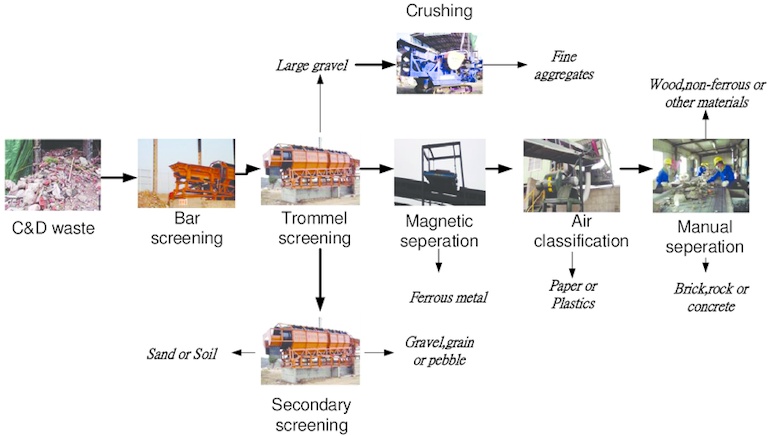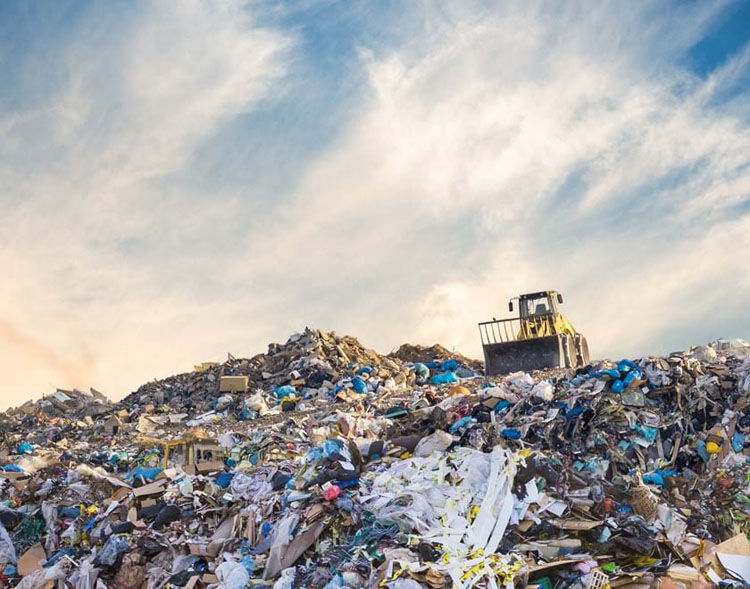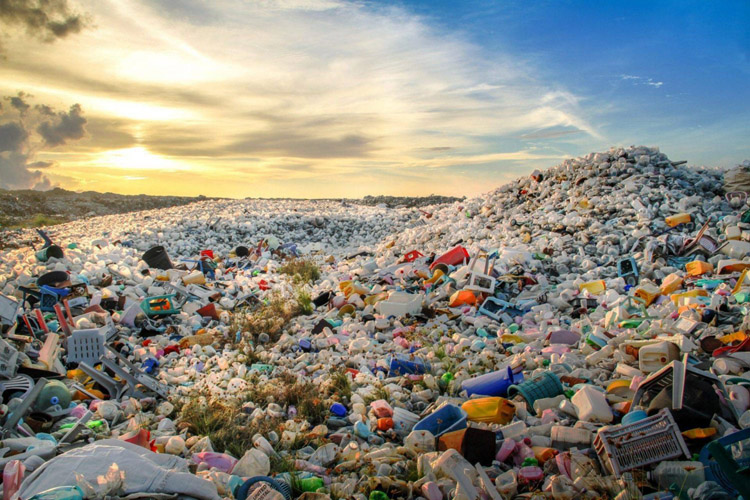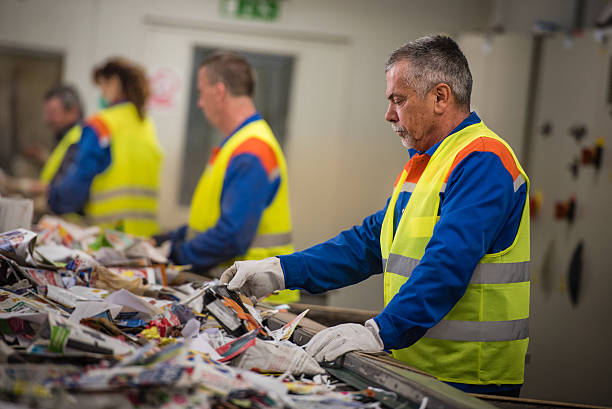Since 2010, the United States has achieved sizable improvements in materials and energy recovery from waste. Not only does this method help in lessening the burden of waste disposal on the environment but it also helps in moving towards a circular economy by converting waste into resources.
With limited landfill space and high environmental awareness level, the entire waste-to-energy (WTE) & material recovery strategies are on center stage when dealing with the sustainable waste management journey.
Where All of the Waste Generation in America Comes From
According to the EPA, the United States produces more than 292 million tons of municipal solid waste (MSW) every year. That’s about 4.9 pounds of material per American, per day. Even though recycling and composting programs have increased, a large percent of this waste still finishes in a landfill. But, new recovery techniques for material and energy from waste stream are develop to decrease landfill and environmental sustainability.
Extraction of Material: Recycling and More
Recycling Initiatives
Recycling is the foundation for material recovery in the United States. Examples of commonly recycled materials are paper and cardboard, plastics, glass and metals. According to the EPA, 120 million tons of MSW were recycled during calendar year 2021, saving energy and avoiding greenhouse gas emissions. Using new recycling technology, artificial intelligence-driven sorting systems have been a major driver of the boost, making it easier to clean waste streams and separate recyclable materials from trash.
The Challenges of Recycling
Although recycling is beneficial, the U.S. is presented with numerous challenges. Challenges are presented in the form of contamination of recyclable materials, variable international markets for recyclables and insufficient recycling infrastructure.
In the U.S., the National Sword policy implemented by China in 2018, drastically limited the importing of dirty recyclables and forced a serious reexamination of domestic waste disposal. While many municipalities have since developed trained domestic recycling infrastructure, gaps are still present.
Organic waste recovery
Organic waste has a share of weight in MSW containing food scraps and yard waste. This method of composting leads to the recovery of said material, which converts into profitable agricultural soil amendments. Municipal curbside composting programs have recently expanded, but remain limited in their availability.
Novel Technologies for Recovery
Advanced recovery techniques like chemical recycling of plastics or e-waste recycling are becoming popular. Chemical recycling is a process that separates plastics into their chemical building blocks for recycling, providing an alternative for difficult-to-recycle materials. And e-waste recycling is also key to recovering metals, gold, silver, and a variety of rare earths, from unwanted devices so we don2054t have to extract them.
Converting Trash to Energy: Waste-to-Energy Facilities
Waste to Energy Overview Waste-to-energy (WTE) plants use non-recyclable waste materials as an fuel source to generate energy in the form of electricity and/or heat. That process is usually done by incineration, gasification or anaerobic digestion. As of 2020, there were about 68 WTE plants in the U.S. that accounted for roughly seven percent of MSW in the country.
Incineration and energy generation
Methanogenetics classifies incineration as the most common WTE method in this country whereby waste is combusted at extremely high temperatures, generating steam to drive turbines and produce electricity. Newer incinerators have sophisticated air pollution control that significantly reduces emissions of particulates, dioxins, and greenhouse gases.
Communities and anaerobic digestion, another form of energy recovery for organic waste Biogas is a type of renewable energy made from methane and carbon dioxide, as microorganisms decay organic materials in environments without oxygen. After purification, biogas can be used for electricity generation, heating and as vehicle fuel.
Landfill gas recovery even contributes to energy recovery. Landfill gas (LFG) consists of methane and carbon dioxide, created through the anaerobic decomposition of organic waste, and can be collected and used to generate energy. As part of this, the EPA has Landfill Methane Outreach Program (LMOP) that encourages LFG as a resource to help reduce methane emissions while providing renewable energy.
Advantages of recycling materials and energy
Processing waste to reclaim materials and energy offers various environmental, economic, and social gains. These processes help protect the environment by diverting waste streams from landfills, thus reducing greenhouse gas emissions and pollution, while also conserving natural resources. Not only that, but through the sale of recovered materials and energy products, they also create jobs in recycling and energy sectors, while reducing dependence on fossil fuels.
Policy and Public Involvement
Recovery of materials and energy is significantly reliant on governmental policies. At the federal level, programs such as EPA’s Sustainable Materials Management (SMM) initiative promote resource conservation and reduction of waste. On the state level, California, Oregon and Massachusetts top the list with bold recycling and composting mandates.
Equally important is public participation, efficient waste management and dumpster rental services. Education campaigns such as Reduce Contamination Fund’s “Recycle Right” programs. Government asks individual citizens to do their part — compost at home, buy products with recyclable packaging — because it promotes recovery.
Challenges Ahead
And that progress has clearly been built upon. To accommodate growing waste recovery needs, investment in infrastructure expansion, mainly composting and WTE facilities, is essential. Developing technologies to recover materials can also push the recovery even higher with circular economy approaches. But, this won’t happen without partnership: across government, industry and communities.
Well-functioning recovery system(s) for materials and energy are the cornerstone of the shift away from a linear, take-make-dispose model to a circular economy. If sustained investment, policy support and public engagement are committed to over the next few years, America could set the gold standard for making garbage pay, creating sustainability at scale for future generations.

